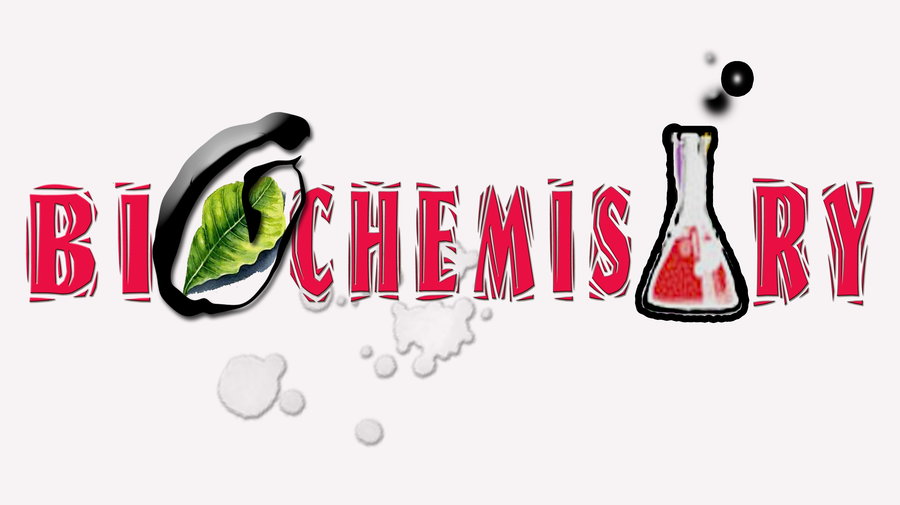
Biochemistry
Introduction
Biochemistry, sometimes called biological chemistry, is the study of chemical processes within and relating to living organisms. By controlling information flow through biochemical signaling and the flow of chemical energy through metabolism, biochemical processes give rise to the complexity of life.
In their daily work, biochemists analyse enzymes, DNA, and other molecules to research the effects of drugs and food on biological processes. They use electron microscopes, lasers and other laboratory instruments as well as computer modelling software to determine the structures of molecules
Branches
• Animal biochemistry.
• Plant biochemistry.
• Molecular biology.
• Cell biology.
• Metabolism.
• Immunology.
• Genetics.
Skill Set
• Laboratory skills and the ability to plan and do research.
• Strong problem-solving skills.
• An analytical and investigative mind.
• Excellent oral and written communication skills.
• Good IT skills as most laboratories are highly computerized.
• Meticulous attention to detail.
• The ability to work effectively as part of a team.
• A self-motivated and confident approach, to gain the most from training placements
busy hospital departments.
• A willingness to keep up to date with the latest scientific and medical research in clinical
biochemistry.
Eligibility
The basic eligibility criteria for pursuing B.Sc Biochemistry degree course is a pass in Higher Secondary (10+2) or equivalent examination in Science stream. Some colleges and institutes demand a minimum of 50% marks in 10+2 as qualifying criteria to get admission in this degree course
Top Colleges
Panjab University, Chandigarh
Course: Bachelor of Science (Biochemistry)
Duration: 3 Years
Eligibility: 10+2 with Science Stream
Admission Mode: PU-CET
The Oxford College of Science - [TOCS], Bangalore Course: Bachelor of Science [B.Sc]
Duration: 3 years.
Eligibility : Pass in PUC/10+2 or equivalent examination with PCB/CBZ
Admission Mode: Admission to the course is decided by the marks obtained in the qualifying
Examination , followed by personal interview.
Delhi University, New Delhi .
Course: Bachelor of Science [B.Sc] {Hons.} in Bio-Chemistry
Duration: 3 YEARS
Eligibility : Candidate must be pass in 10+2 with science stream.
Admission Mode: CUET
Some Colleges in Delhi University
• Daulat Ram College (W)
• Deshbandhu College
• Institute of Home Economics (W)
• ShaheedRajguru College of Applied Sciences for Women (W)
• Shivaji College
• Sri Venketeswara College
Mumbai University, Mumbai
Course: Bachelor of Science [B.Sc] {Hons} in Bio-Chemistry
Duration: 3 Years
Eligibility: Candidate must be pass in 10+2 with science stream.
Admission Mode: Merit Based
DR. V. S. Krishna Government Degree College, Visakhapatnam
Course: Bachelor of Science [B.Sc]
Duration: 3 years.
Eligibility : The candidate must be pass10+2 with minimum aggregate of 50% in Science stream from a recognised school in India.
Admission Mode: AUCET – Andhra University Common Entrance Test.
Aligarh Muslim University, Aligarh
Course:B.Sc in Biochemistry
Duration: 3 Years
Eligibility: 10+2 in PCB/M,English with 55% marks
Admission Mode: Entrance Test
Government Arts College For Women, Krishnagiri
Course: Bachelor of Science [B.Sc]
Duration: 3 years.
Eligibility For seeking admission in B.Sc. Computer Science, the student must have Cleared higher secondary grade (10+2) from a recognized board.
Admission Mode Merit Based
Job Prospectus
• Analytical chemist
• Biomedical scientist
• Biotechnologist
• Healthcare scientist, clinical biochemistry
• Clinical research associate
• Forensic scientist
- A Nanotechnology engineer is someone who works around the smallest, most amazing fragments of science. From storing and altering things on the cellular level, to creating new, tiny pieces of electronics, nanotechnology engineers are the cream of the crop, possessing an acute attention to detail and a strong drive to make things better Research scientist (life sciences)
• Toxicologists work in laboratories to perform tests on samples collected by crime scene investigators. Their jobs involve testing for the presence of: gases (e.g., carbon monoxide); illicit drugs; prescription drugs; poisons; alcohol; metals; and other poisons when poisoning or drug overdoses are expected.
Disclaimer: The information provided here is best to our knowledge. It is highly recommended that you should cross-check the source of information through the specific Colleges and Institutes. Career Prabhu (Career Prabhu Pvt Ltd) is in no way responsible for the decisions made solely on the basis of this document.
